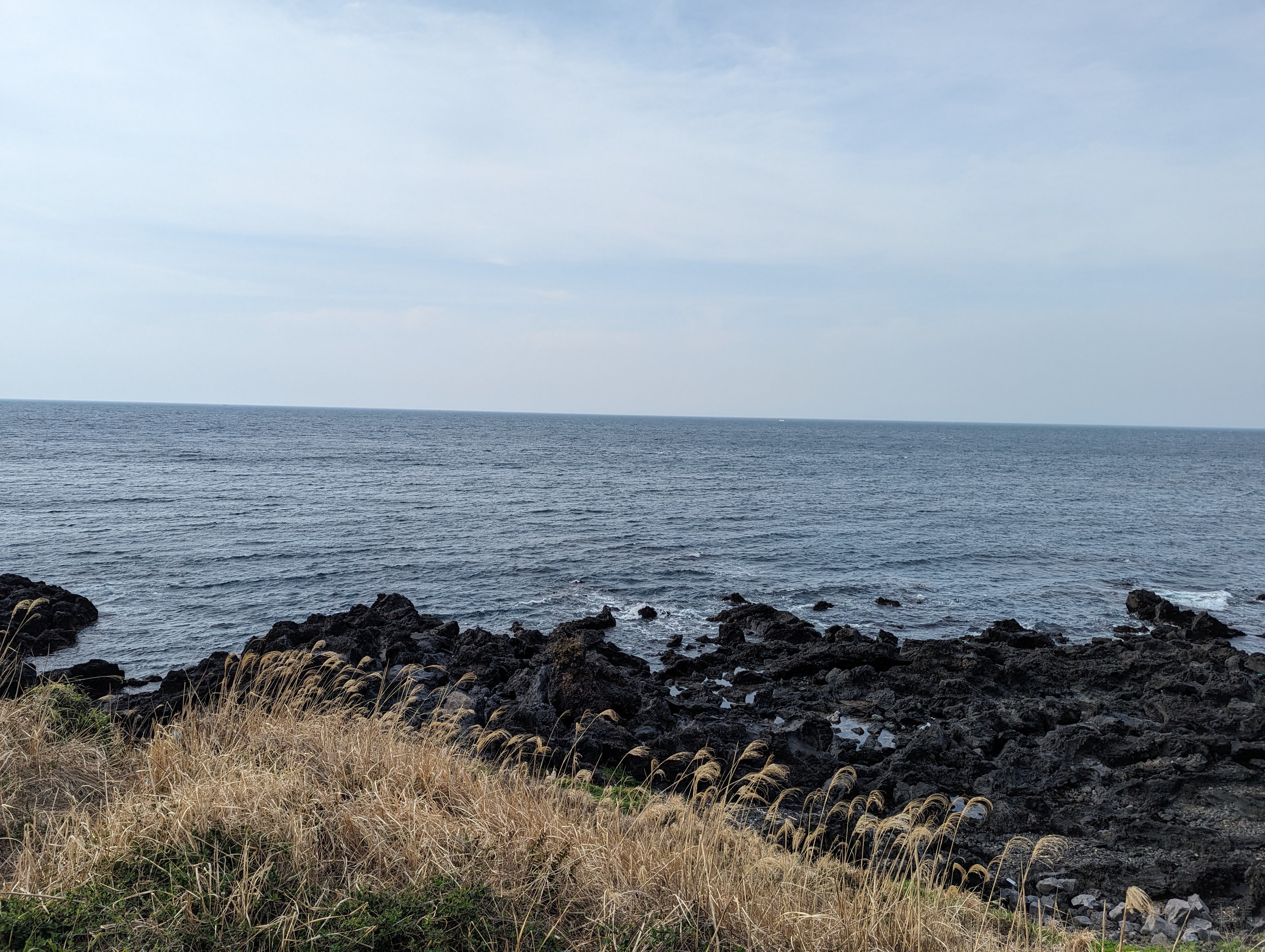
Public holidays in Singapore in 2025
In today’s guide, we’ll dive into Singapore’s public holidays, covering not only the exact dates for 2025 but also shedding light on why each religion receives equal recognition in the holiday calendar—a unique feature of Singapore’s multicultural society. We’ll highlight some lesser-known holidays and discuss how Singapore’s number of public holidays stacks up against other countries. From key national holidays to religious observances across different communities, let’s take a closer look at how Singapore honors its diversity through its holiday schedule.
What days are the public holidays in singapore
Singapore has 11 public holidays in 2025, giving citizens several long weekends throughout the year. Here’s the list of official public holidays:
- New Year’s Day - Wednesday, 1 January
- Chinese New Year - Wednesday, 29 January & Thursday, 30 January
- Hari Raya Puasa - Monday, 31 March
- Good Friday - Friday, 18 April
- Labour Day - Thursday, 1 May
- Vesak Day - Monday, 12 May
- Hari Raya Haji - Saturday, 7 June
- National Day - Saturday, 9 August
- Deepavali - Monday, 20 October
- Christmas Day - Thursday, 25 December
- These dates include four long weekends, making it easier to plan short trips or staycations.
 |
|---|
| Relaxation |
Why does each religion have the same amount of public holidays in singapore?
In Singapore, each major religious group—primarily Buddhism, Christianity, Hinduism, and Islam—has an equal number of public holidays to promote a sense of balance, harmony, and inclusiveness in a multicultural society. This approach helps manage religious diversity and respects the unique cultural practices of each group, aiming to minimize potential conflicts. By giving each community the same number of holidays, Singapore upholds a neutral stance, avoiding favoritism that could lead to social division or tension.
This strategy reflects the government’s pragmatic approach to national unity, where harmony is prioritized over religious or cultural dominance. The equality of public holidays is thus part of Singapore’s broader policy of maintaining social stability and fostering a cohesive national identity in a religiously diverse population.
I think it’s a little extreme for the government to balance unity to such an extent, but whatever works.
Highlighting a few public holidays you may not know about
Here’s an expanded look at selected public holidays in Singapore:
Chinese New Year
The most significant holiday for Singapore’s Chinese community, Chinese New Year marks the beginning of the lunar calendar. Festivities last up to 15 days and include family gatherings,
feasts, lion dances, and the exchange of red packets (ang baos) containing money, symbolizing luck
and prosperity. Popular locations like Chinatown are adorned with decorations and filled with
markets, making it a colorful celebration of unity and tradition.
Good Friday
Good Friday is a solemn Christian holiday commemorating the crucifixion of Jesus Christ. Observed
by Singapore’s Christian community, this day is marked by special church services, prayers, and
hymns reflecting on themes of sacrifice and forgiveness. Some Christians also engage in quiet
reflection or charitable activities as a way of honoring the meaning behind the holiday.
Hari Raya Puasa (Eid al-Fitr)
Known locally as Hari Raya Puasa, this Muslim holiday marks the end of Ramadan, the month of
fasting. Families come together for prayers, and homes are opened to friends and family in a
custom called “open houses,” where traditional dishes like rendang and ketupat are shared. The day
represents renewal, forgiveness, and giving, with Muslims also fulfilling their zakat, or charity,
obligations to support those in need.
Vesak Day
Celebrated by Buddhists, Vesak Day honors the birth, enlightenment, and passing of Buddha. Temples
are filled with devotees performing acts of charity, meditation, and prayers. Rituals include the
“Bathing of the Buddha” ceremony, symbolizing purification and renewal. Many Buddhists also
release caged birds or animals, representing compassion and the belief in the sanctity of life.
Hari Raya Haji (Eid al-Adha)
Known globally as Eid al-Adha, Hari Raya Haji is celebrated by Muslims with communal prayers and
the ritual sacrifice of livestock, commemorating Abraham’s willingness to sacrifice his son in
obedience to God. Families share the meat with relatives and distribute portions to the less
fortunate, reinforcing the values of charity, faith, and sacrifice.
Deepavali (Diwali)
Also known as the festival of lights, Deepavali celebrates the victory of light over darkness,
good over evil. Hindu families decorate their homes with lamps and rangoli (colorful floor art) to
welcome blessings. The day is marked by temple visits, family gatherings, and traditional Indian
sweets, signifying prosperity, joy, and the renewal of hope.
Does Singapore have a lot of public holidays compared to other countries?
When ranked globally, Singapore falls around the mid-range in terms of public holidays. The 11 public holidays observed in Singapore are moderate compared to other countries in Asia and beyond. For instance:
- High Holiday Countries: India tops the list with around 21-30 holidays per year, varying by state. Cambodia has 28 official holidays, and Thailand has around 19, making them some of the highest in Asia.
- Similar Holiday Counts: Other countries with similar holiday counts to Singapore include China with 11 public holidays and Malaysia with 14-16, though the latter varies regionally.
- Lower Holiday Counts: In contrast, the United States and Canada have around 10 federal holidays, while Australia has about 10-12, depending on the state.
Singapore has fewer public holidays primarily to maintain economic productivity and efficiency. The government aims to keep businesses and services running smoothly while allowing for enough time off to recognize key cultural and religious observances. With 11 public holidays, Singapore balances the need for operational continuity with the desire to provide citizens with adequate time for rest and celebration. This approach helps position Singapore as a competitive, business-friendly hub in the global economy, reducing potential disruptions in the workplace while still allowing for important cultural recognition.
What’s your favourite holiday? Let us know.